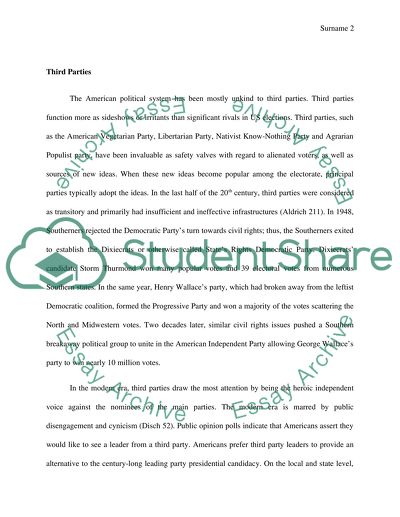Cite this document
(“Honors Political Science Research Paper Example | Topics and Well Written Essays - 2000 words”, n.d.)
Retrieved from https://studentshare.org/history/1597686-honors-political-science-research-paper
Retrieved from https://studentshare.org/history/1597686-honors-political-science-research-paper
(Honors Political Science Research Paper Example | Topics and Well Written Essays - 2000 Words)
https://studentshare.org/history/1597686-honors-political-science-research-paper.
https://studentshare.org/history/1597686-honors-political-science-research-paper.
“Honors Political Science Research Paper Example | Topics and Well Written Essays - 2000 Words”, n.d. https://studentshare.org/history/1597686-honors-political-science-research-paper.


